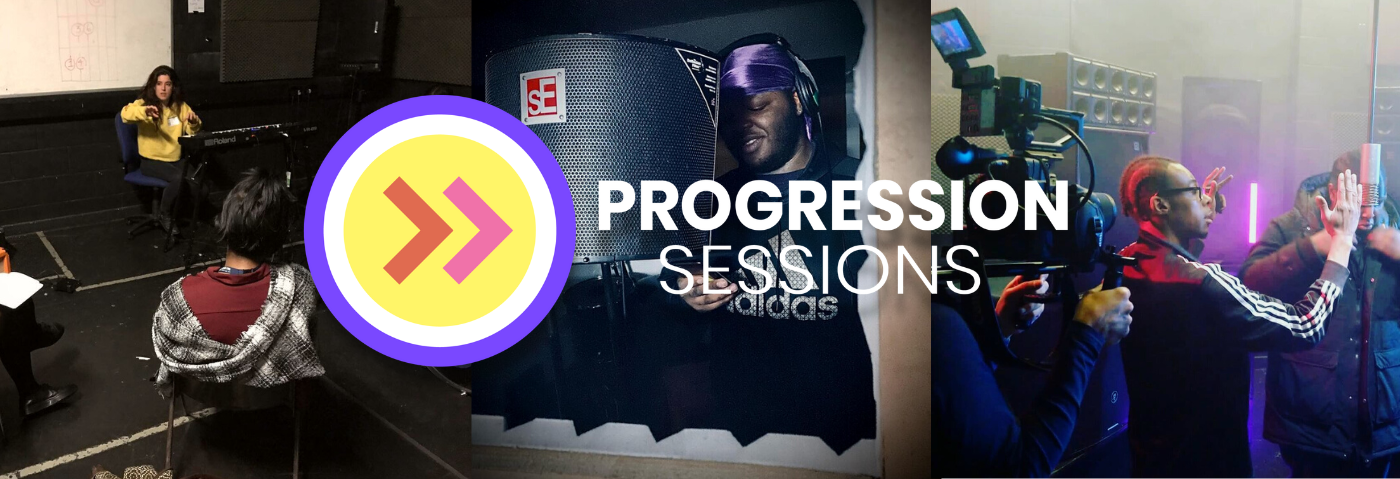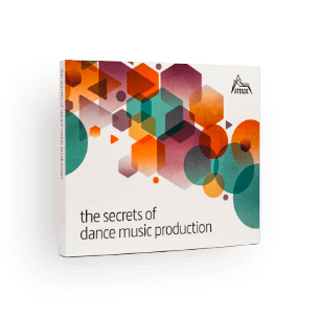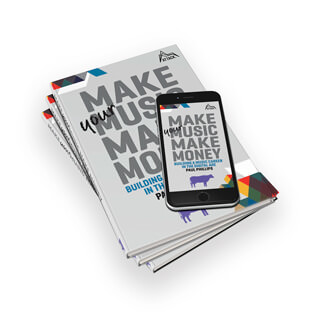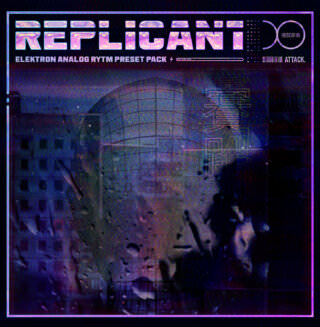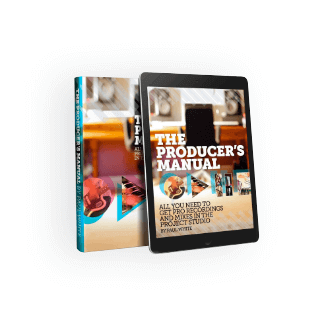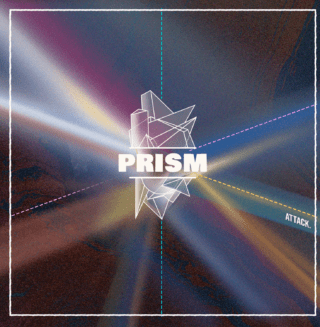Niall Lavelle, co-founder of Progression Sessions, talks to Attack about the charity, its mission, and the role of music production in young people’s lives.
London-based Progression Sessions has just launched their brand new studio space Studio 36. Although founded 7 years ago by Niall Lavelle, Tobias Silvester and Marta Massague, Niall and Tobias have recently left their teaching job to pursue the cause full-time.
Despite the well-documented democratization of music production over the past decade, for many, it still remains out of reach. Initiatives like Progression Sessions, as well as others including Digit Music, are leading the way in making sure music education is “for the many and not the few”.
We sat down with Niall to hear more about leaving work to go full-time, the benefits of music education and their plans to grow.
Attack Magazine: To begin, could you just tell us a little bit about yourselves and how Progression Sessions came to be?
Niall Lavelle: Progression Sessions was started 7 years ago by a group of teachers and charity workers who noticed a significant gap in the provision of modern music-making facilities and expertise for young people in North and East London.
We ran a 10-week artist/producer and DJ development course for Hackney Young People in 2016, culminating in a live gig and the creation of music videos. It was so rewarding for all involved that we have been running this programme several times every year since.
Have you considered what the ultimate goal is for Progression Sessions?
From day one the goal has been to help nurture the wealth of talent and creativity that London’s young people have to offer.
There is a rich history of young Londoners being the vanguard for new musical styles; unfortunately, the cultural (and of course, economic) value of this creativity appears to have been underappreciated and undercut by the UK government’s approach to arts education in the last 15 years.
We are very lucky to have now moved to a permanent site at Studio 36, a brand new studio built to run community outreach projects by the venue, EartH in Hackney. Our ultimate goal is to scale up and positively impact the lives of more young people.
It’s worth mentioning that we also absolutely love doing this. Young people improve at an astonishing rate, especially those who are so richly steeped in the diversity of the London music scene. To be a part of their journey is very exciting.
From day one the goal has been to help nurture the wealth of talent and creativity that London’s young people have to offer.
What are the key benefits that make music production education so impactful?
Modern music production skills open musicians up to the immediacy of being able to transfer ideas into a finished song in a matter of hours.
Improvements in the capabilities and price of music technology, combined with an explosion in online learning, mean that a certain type of motivated young person can learn to produce very quickly.
However, we also try to upskill young people. Rather than just be a “singer” we offer training in engineering and recording theory, thus allowing them to be able to communicate more effectively with engineers as well as record themselves independently.
It’s been a challenging environment of late. Can you talk us through some of the biggest challenges you’ve faced getting the charity launched?
Once we made our way through the long process of actually becoming a registered charity our main challenge became sustaining our funding. We are lucky to have some great regular funders in Capital Group and the DHD foundation. But having now expanded into our new studios, we need more money to make the best use of this new incredible space.
The team at EartH have been incredibly supportive. As well as overseeing and funding the build of the new studios, they are exploring ways to help fund the studios so they can be open free of charge for young people every day of the week. This is our next challenge.
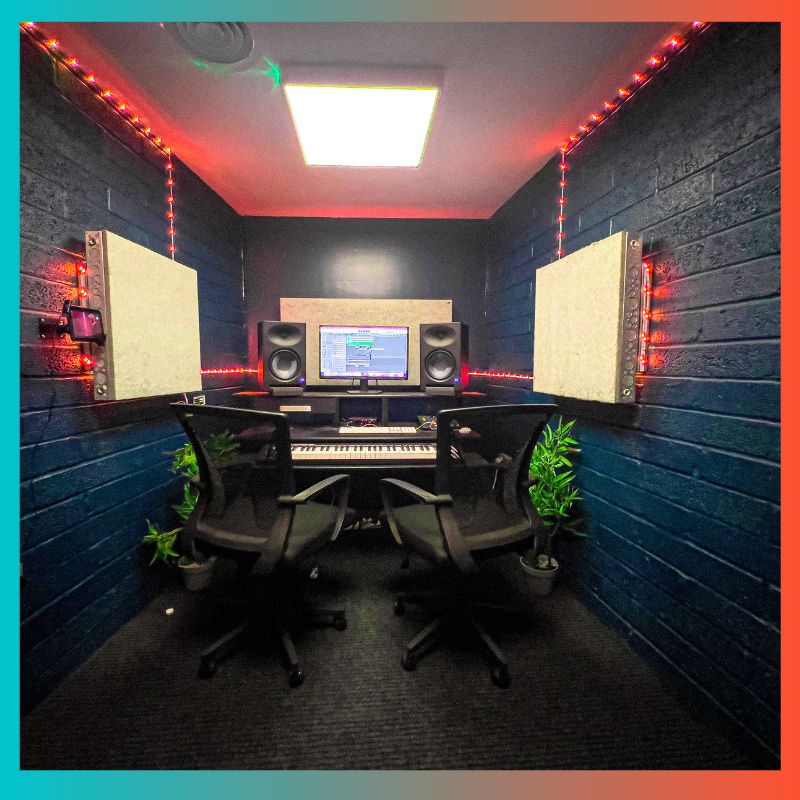
What has the support been like from local authorities and the government?
We have been very lucky to work closely with Hackney Empire who in turn works with Hackney Council. The Hackney Music Service always offers us performance slots at their events and co-bidding for funding. There is a great ecosystem of support within the borough.
Who are the volunteer teachers and mentors? What’s their background?
Tobias Silvester, Marta Massague and myself oversee the day-to-day operations.
Tobias and I are both ex-college music teachers who have their own musical projects outside of education. Marta works for Save The Children and handles the pastoral side of the programmes.
We are also very lucky to have some incredible young mentors who are all former participants of our programmes. They include Twintwo Productions, who is now working as a producer with M1 On The Beat and making tracks for pretty much everyone in the London rap scene and Bxggz who is an up-and-coming rapper.
Lastly, we have Brian Fofana and Aysia Edwards, who, having done a lot of youth work at Hackney Empire have now moved across to running marketing, mentoring and vocal coaching on our projects at Studio 36.
Can you tell us a bit about Studio 36?
Around a year and half ago we were approached with an exciting new idea for some new community studios by Auro Foxcroft who runs EartH and Village Underground and Rachel Horowitz who at the time was working at Hackney Empire.
Having our own space from which to run projects was always a dream of ours and thanks to Auro and Rachel’s determination and vision that dream has been realised. We can’t quite believe we are now in as we had a flood that halted building works!
We have three beautiful studios, all with their own separate vocal booth as good quality isolated vocal recording is something that almost all our young people for the last 7 years have required.
Studio 1 has enough space to record or rehearse a full band and the other two studios are more like project studios.
As well as kitting out the studios to a good standard we, with the help of my interior designer wife and our mentor Brian’s eye for branding, have tried to make the spaces both inspiring and comfortable for young creatives.
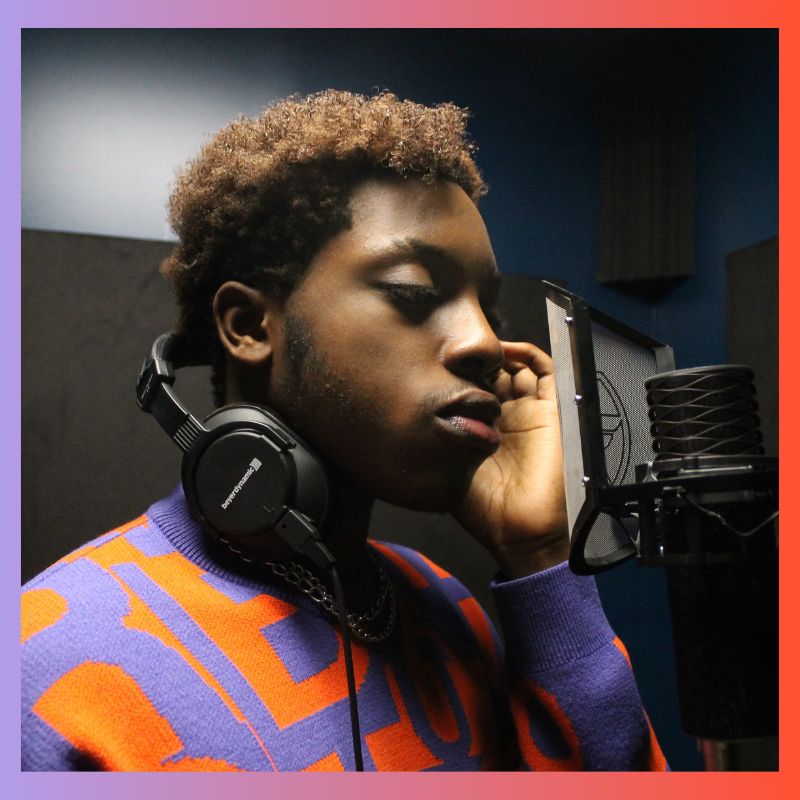
We would love our young people to be able to come here for free and access the same level of recording quality that you might pay hundreds of pounds a day for in a commercial studio.
What gear is currently in the studios and is there more you’d ideally like to add?
We currently have fairly simple setups of Aston Spirit microphones into Focusrite interfaces into Mac Minis running Logic Pro-X.
We have good quality monitors and talkback stations and so are well set up for simple vocal recording.
What we would like to do is both expand and enhance our current capabilities with a wider variety of mics (to start recording bands and individual instruments) and outboard gear to build high-quality vocal recording chains.
We would love our young people to be able to come here for free and access the same level of recording quality that you might expect in a commercial studio.
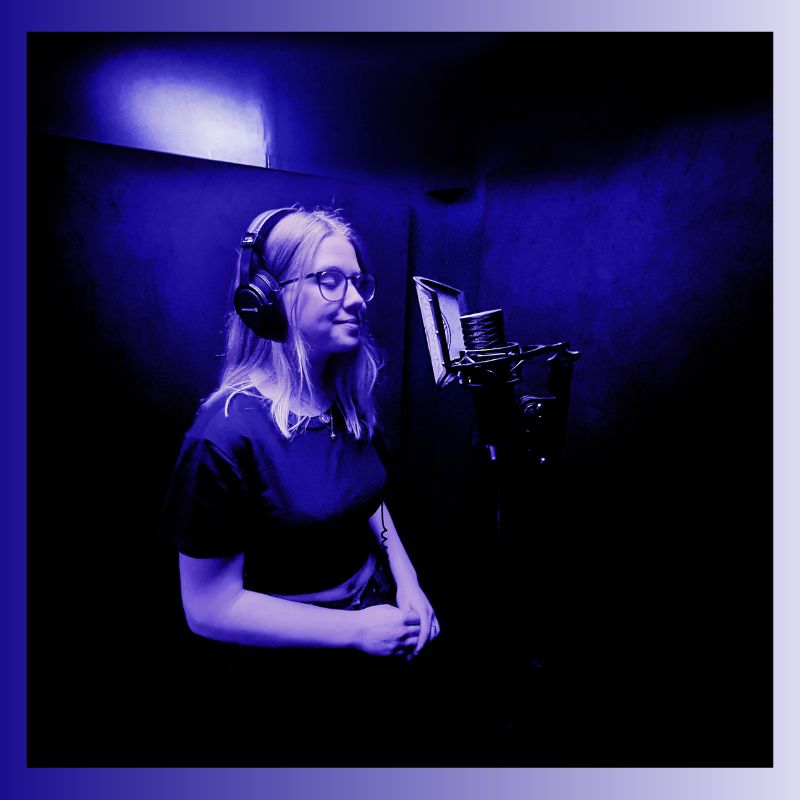
Who has access to the studios and what support will they receive?
Our charity works with 14-24-year-olds and offers different levels of support depending on which particular programme we are working on.
On our flagship 10-week development programme we typically take in a cohort of around 15 people. We begin by working out what each of them wants to achieve in the program. We then support them individually with studio time, vocal coaching, songwriting help, bespoke production, engineering help and training, advice on releasing music and marketing.
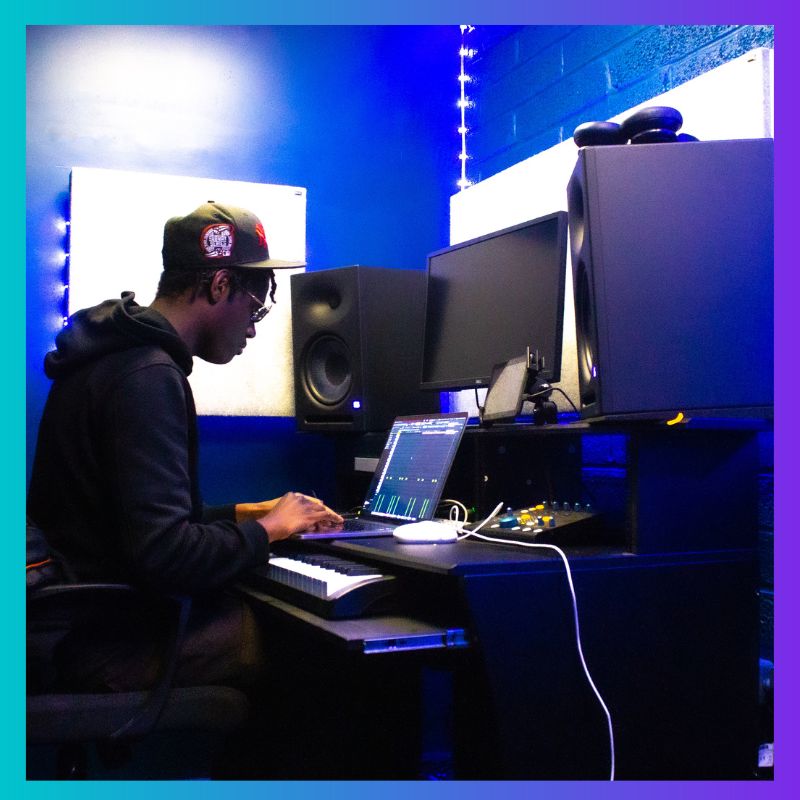
In the coming months, we will be trialling open access studio sessions where any local young people, once registered, will be able to book the studios free of charge for a session including an engineer. We are also starting to work with local colleges, pupil referral units and youth offenders services.
How do you envision the next stage of your growth? Would it be more locations? More services?
We are looking to maximise our capacity here at Studio 36 in terms of young people using the facilities to make music. Through this, we would like to expand our employment offer to our young mentors and create more rewarding work opportunities and training for local young people.
We would also like to integrate more closely with EartH in terms of live sound and events management training.
Finally, we are already looking at running a second location in Tottenham starting Summer 2023.
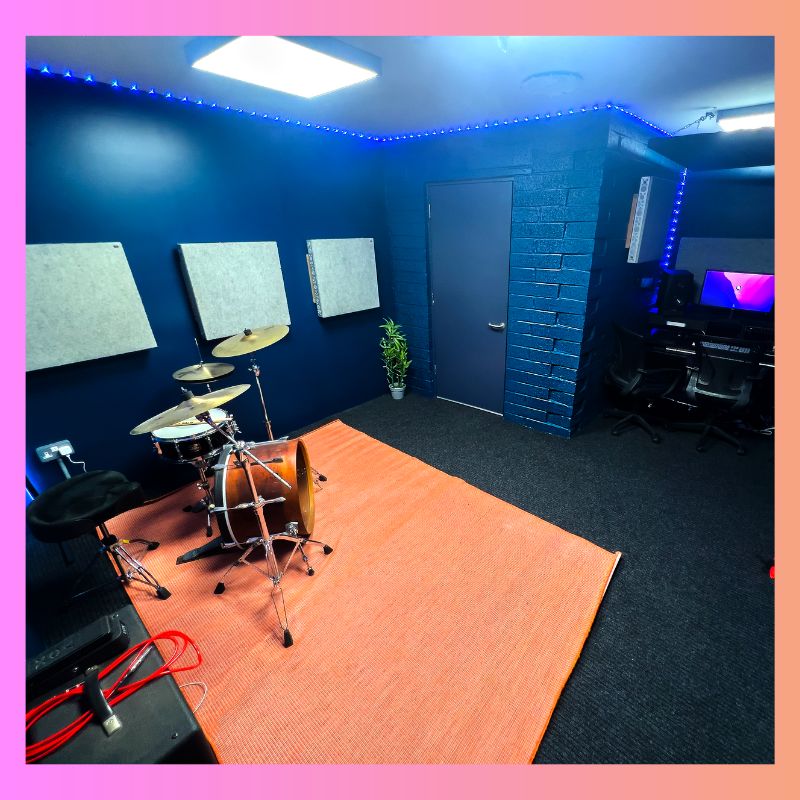
To find out more about Progression Sessions visit their website or follow them on Instagram.
